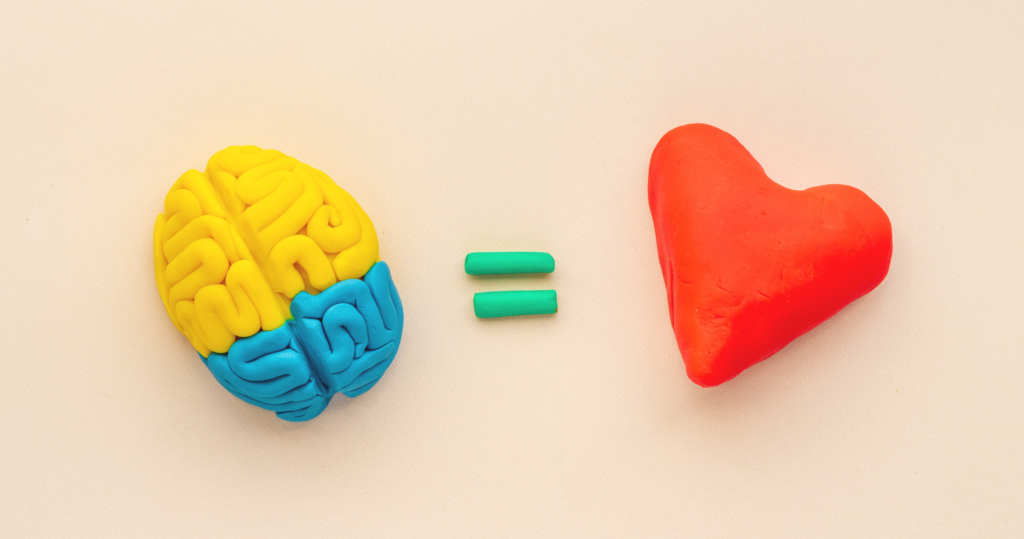How to Practice Mental Hygiene
Share
We live in exciting times where uncertainty is present, and changes are rapidly happening. While many may perceive chaos and ambiguity, others may see evolution and growth.
The anatomy of character, whom we have become and whom we believe we are, our past and our interpretation of ourselves and others, can often result in situations that are incomprehensible or painful, and more often misinterpreted.

William James, an American psychologist and philosopher, said: “The greatest discovery of my generation is that human beings can transform their lives by changing their mental attitudes”.
Did you know that attitudes persist? They persist even after they become irrelevant, because of our protection armour – that we unwittingly guard our attitudes?
The point is that our reality is filtered through selection, generalisation and distortion as well as by our past experiences. We draw conclusions based on only one or two experiences. It only takes one event to mark a whole life.
Other elements also constitute evaluation filters. First, and foremost are our values. Operating at the most unconscious level, these values determine whether we judge our actions as being good or bad. Our values dictate how we feel about the choices we make and provide the main motivation behind these choices.
Secondly would be our beliefs. Beliefs or convictions are the acceptance that certain things are true. These presuppositions we have about certain things can empower us or stop us in our tracks.
Our memories also profoundly affect our perceptions and personality. They make us the person we are today.
Finally, and perhaps most importantly, our decisions. Linked to memories, these decisions can have an impact on our entire existence – especially the decisions which have staggered our mental growth. The problem with many decisions is that they were made without careful thinking or at a very young age, and then forgotten.
I often meet people who believe attitudes are fixed and that they cannot be changed. Yet even if attitudes appear to be steadfast, they can be changed by force of circumstance or by a strong willpower.
Most people are not aware that they can indeed change, control and mold their interpretations of who they are. It is fundamental to assume full responsibility for checking the quality of our interpretations from time to time.
In the current context of things, mental and emotional agility are essential qualities in our relationships and communications with ourselves and with others. It is becoming increasingly important to practice mental hygiene by adapting our message and behavior to today’s reality.
In the context of an organization, why wouldn’t it be important for a leader or manager to learn how to better manage the atmosphere of its team? The most gifted leaders accomplish this feat through a mysterious combination of psychological skills and assertive communication. True shared leadership* is thus derived from this skill and becomes a way of knowing how-to-be and how-to-do, not just a theoretical application.

The process of communication, even if it is described as the interaction of two or more individuals, begins with us. We become a reflection of this dialogue with ourselves, beyond the filters we use in our perception of others.
Emotions that go unchecked often lead to painful situations in the workplace when they are not properly understood and managed. Since we cannot ignore our feelings – or those of others, it becomes essential to understand them before learning to manage and direct them. This is what mental and emotional agility is all about.

In business as in private life, pretending or disguising our emotions is useless. Although we can hide our shortcomings for a while, the symptoms of self-sabotage and unhealthy self-management will surface raising its ugly head sooner or later.
Doubting everything as well as yourself.
Feeling frustrated and discouraged, missing goals for no apparent reason.
Creating emotional tensions and blaming others.
Losing one’s innovative spirit.
Do you recognize yourself or perhaps someone around you?
If the desire of managers and entrepreneurs is to make better decisions to direct their destinies, this will not be achieved without mental hygiene.
To practice mental hygiene and obtain a better quality of life, it is necessary to master the following concepts:

The quality of our personal and professional lives depends essentially on our ability to identify and interpret the nature of emotions, the distortion or generalization of our interpretations of how things occur to us. Communication, decision-making and performance all depend on mental acuity.
To discover how to practice your daily mental hygiene and unleash your full potential, please contact us.
*To learn more about True shared leadership, click here.
Our trainings on mental hygiene and emotional intelligence: